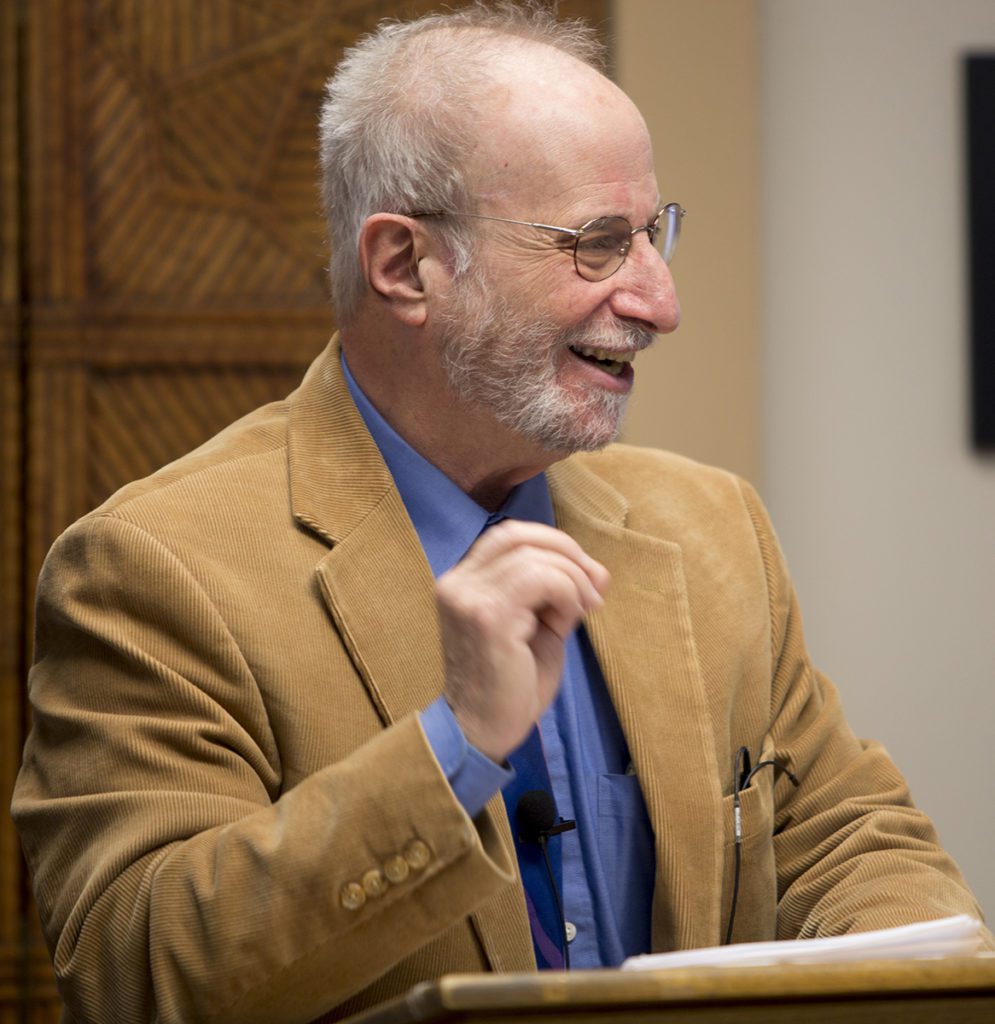
By Dr. Joseph Chuman
The greatest challenge of our modern age, indeed, of any age, is to ensure that the human person is not held cheaply. Multiple forms of oppression, racism, inequality, poverty, war, violence, myriad human rights abuses, violence, murder and genocide all speak to it.
Ethical Culture was created explicitly to stand against this challenge. Central to it is the affirmation of the dignity of the person and our need to realize this affirmation in all aspects of life, public and private.
The defense of human dignity has strong rhetorical appeal. But if we dig down, it presents philosophical problems. Where does this dignity come from? Is it merely an assertion? Is it based on wishful thinking? Or, is it possible to prove that human beings truly possess an objective quality we refer to as dignity?
Our founder, Felix Adler, who was steeped in the Western philosophical tradition and was, in fact, quite brilliant, made the quest to prove that we human beings possess dignity the centerpiece of his technical work.
Here is what moved him. From ancient times, human dignity was vouchsafed, in principle, by religion, which for millennia held sway over human thought and values. In Judaism, Christianity and Islam, too, human beings are created in the divine image. There is something resident in us that sets us apart from all else animate or inanimate. We are not gods, but we are a reflection of the divine. It is this reality that ensures that we are distinctive in nature, that we possess a soul and there is an element within us that is sacred. “Sacred” is the religious correlate to “dignity.”
But with the coming of the modern, scientific age, the existence of God was thrown into doubt and with it the supernatural realm. If so, it is reasoned that the human person is no longer unique, no longer distinctive, no longer special, no longer sacred. The person is none other than a composite of material substances and chemical reactions, no different from the worm, the virus, or the tree shrew. Demoted from a sacred status, the person no longer possesses a soul, and gone with it is the protection that sacredness or dignity, in principle, provided.
Darwinism was the fatal blow. What Darwin had done was to create an extraordinarily powerful theory that explained the emergence of the human species out of totally natural processes without any divine agency from outside of the system of nature. Again, no divine creation, no divine image, no sacred attribute; just a continuum with all other beings.
Theologians of the day found this very disturbing and many religious folks still do today. The question, therefore, that confronts us, especially since Darwin, is: Does it make sense to claim that anything is sacred, and most pressingly, is it coherent to say that human beings are such?
Another way to state this is to ask whether it is possible to derive a sacred nature for human beings out of the secular realm. Is a secular sacrality possible?
This is not an easy question to answer, but I would argue, in a world in which people continue to be oppressed, in a world in which unspeakable cruelties are perpetrated by our fellow human beings, in a world in which too many lives are held cheaply, the question remains of utmost importance. In my Dec. 2 address, I plan to look at several of the strategies contemporary thinkers have employed to rescue the sacred in our modern, scientific and technologically driven age. I have entitled my address “Is Anything Sacred?” I hope you can join me.
Dr. Joseph Chuman is leader of the Ethical Culture Society of Bergen County.


